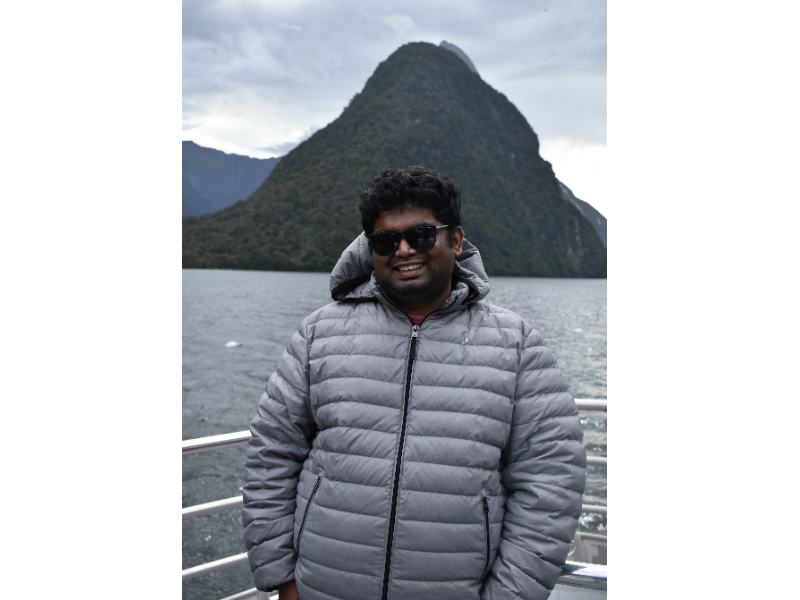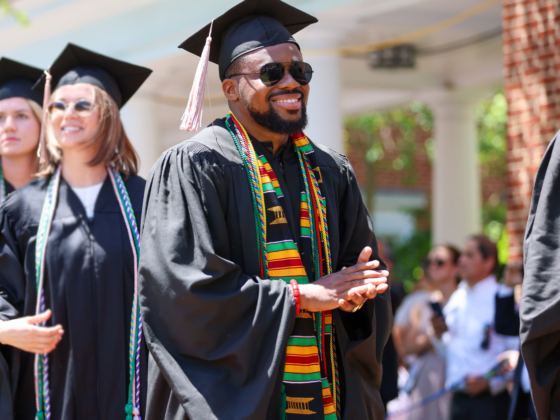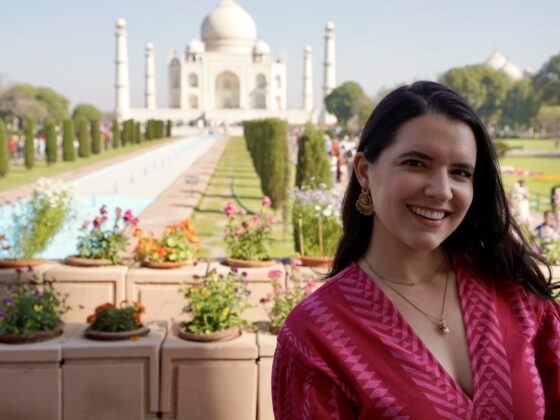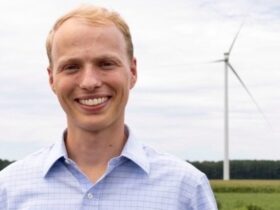Rahul Kanathala (Class of 2019) travelled to New Zealand with Professor Alan Beckenstein and a small group of classmates this March on a Global Topics Course. Rahul came to Darden from Perth, Australia where he worked as an Operations Analyst at Rio Tinto. After graduation this May, he looks forward to transitioning into a consulting role with The Boston Consulting Group in Melbourne. On the Global Topics Course, students examined the collaboration between businesses, governments and other institutions in pursuit of global competitiveness and economic-social well-being as well as how New Zealand has built a clean-green industrial base and inspired responsible leaders, advancing knowledge in a way that creates value for all citizens. In his own words, Rahul reflects on his key takeaways from the course:
I was fascinated by the New Zealand Productivity Commission (NZ PC). This was my first interaction with a PC and I found them to be extremely candid and thoughtful. They have successfully leveraged data (including microdata) to understand root-level productivity challenges, one example of which is immigration. While immigration has significantly contributed to New Zealand’s growth story, it has also contributed to their chronic productivity problem. This visit with NZ PC showed me the challenges facing policy makers, particularly on sensitive topics and the importance of sound non-partisan counsel. I was impressed with the PC’s thorough consultation process and their independent structure, which ensured that their recommendations were credible and implementable.
The extent to which Tourism New Zealand highlighted Maori culture and heritage pleasantly surprised me. In celebrating the Maori identity, Tourism New Zealand found a unique differentiating factor and brand stance to position New Zealand to tourists. Having just travelled the South Island and seen its magnificent natural beauty, I could better understand and appreciate the ingenuity of Tourism New Zealand using Maori culture to promote sustainability amongst increasing numbers of tourists and the challenges therein. The Tiaki Promise is a powerful message and demonstrates the power of branding and messaging. It resonated with me.
The session with Sue Foley, Director of External Relations at Westpac, was filled with incredible life lessons for all of us. I found two pieces of Sue’s advice particularly useful. The first is around taking risks and not worrying about what I’d do if I fail. In a world that is increasingly obsessed with material success, it is easy to fall into the trap of being extremely risk averse. I’ve found myself in this situation a few times in my limited professional career. I will seek to take more risks going forward, without obsessing over failure. The second was about having an opinion and stating it. The business world has become very politically correct and people are reluctant to share their true opinions. This leads to the pitfalls of group-think and sub-optimal results. I, along with my peers, should strive to be a voice of challenge and advocate for respectful debate by clearly forming and stating our opinion on important issues that affect us. This approach is a way we can set ourselves apart from the crowd and have a significant impact.
Being a huge cricket fan, looking at the lush green field of the Bay Oval while speaking with Zespri International Limited, the world’s largest marketer of kiwifruit, was a personal highlight of the course for me. I was impressed by how Zespri led the effort to combat PSA (a bacteria very damaging to kiwi orchards) and their readiness for the future. They’ve created a defensible moat for their product (through brand development) irrespective of how consumer buying behavior and supermarkets evolve. If fruit purchases shift online, their strong brand will help them, and if supermarkets invest more heavily in fresh food to attract customers, they’ve set up the relationships to be competitive and successful.
I found the discussion with Air New Zealand the most surprising. I did not expect that we’d be talking about air taxis and mixed reality, but we did and it was encouraging that they were re-examining their entire business model to sustain their leadership position in the industry. I couldn’t help but think that all businesses should be looking that far ahead. Air New Zealand’s approach bodes well for their competitiveness in the airline industry and across the wider sector of global transport.
Finally, I’d like to end my reflection with a few words about our dinner with EY employees who completed programs facilitated by Darden. I felt extreme pride and joy at the impact Darden has achieved in New Zealand by developing business leaders. I was particularly moved by the keynote speaker who switched his career after being inspired by the Darden program. I agree with his sentiment that it’s time to move on, when you stop learning – which was a takeaway for him from something Darden Professor Horniman said. Over the past two years, I’ve received exceptional advice from all my Darden professors who have invested a lot in helping me grow – I hope to take that advice to heart and deliver on my potential to enable future Darden students to feel as honored being a part of Darden as I felt during the dinner in New Zealand.





